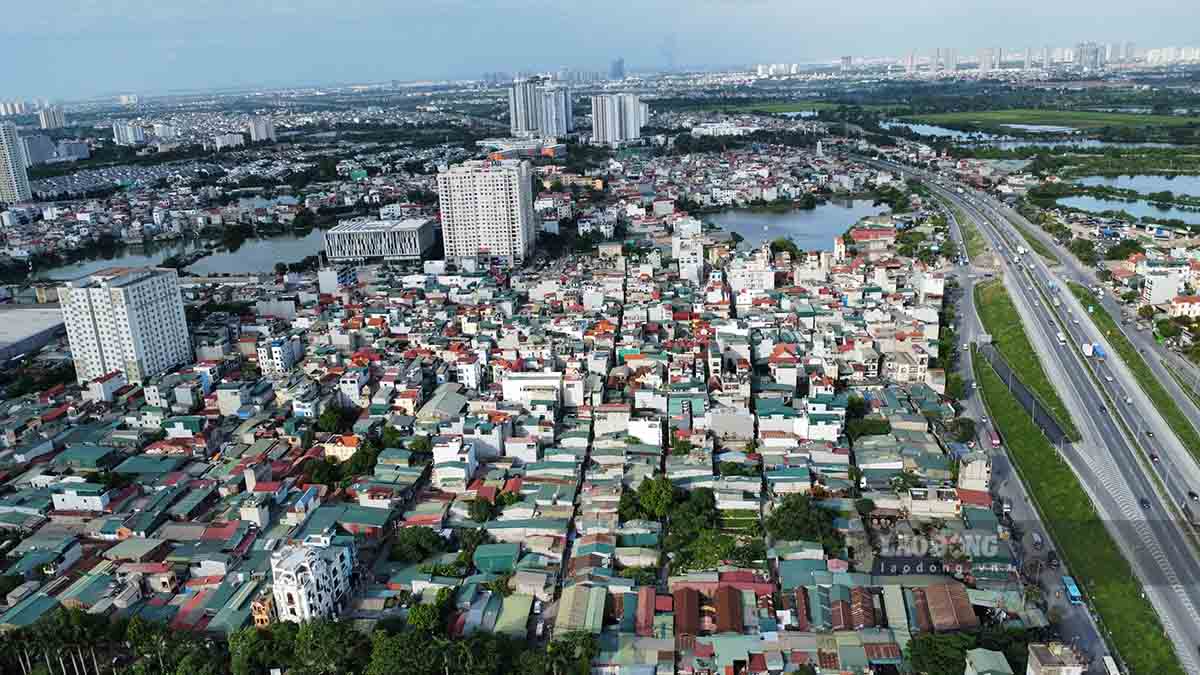District-level administrative units will end their operations from July 1 after the resolution amending and supplementing a number of articles of the 2013 Constitution and the 2025 Law on Organization of Local Government (amended) take effect.
The implementation of administrative procedures (AP) related to land when the district level is abolished is of interest to the people. Currently, district-level land regulations are implemented by agencies such as district-level People's Committees, commune-level People's Committees, land registration offices or branches of land registration offices, tax authorities.
Therefore, the removal of the district level does not change land procedures but only changes the authority or implementation time. People can do it at replacement agencies such as offices, land registration branches, commune People's Committees or other agencies.
The branch of the land registration office performs the same functions as the land registration office. The merger of branches of land registration offices does not change the nature of administrative procedures but only improves the consistency and efficiency of land management.
Meanwhile, the People's Committees at the commune and ward levels continue to take on the responsibility of receiving and handling administrative procedures such as civil status registration, certification, land procedures, construction and business registration of individual households. The provincial level will be in charge of strategic, inter-sectoral contents such as planning and development investment.

Prof. Dang Hung Vo - former Deputy Minister of Natural Resources and Environment (now the Ministry of Agriculture and Environment) - said that implementing the two-level government will bring many benefits to people and businesses in accessing and implementing land procedures. The most obvious benefit is that administrative procedures are reduced.
According to Mr. Vo, in the future, land management authority will be directly delegated to the commune level. For the two-level government, the commune level has more changes in related administrative procedures and order.
"The commune level will take on more responsibility in land management, instead of just supervising as before. It is necessary to enhance the capacity and responsibility of commune-level cadres to meet new requirements," said Prof. Dang Hung Vo.
Some other opinions also said that assigning some land management powers to commune-level authorities is completely appropriate. However, decentralization and delegation of authority also need to be linked to a strict monitoring mechanism, avoiding abuse of power, even violating the law.











